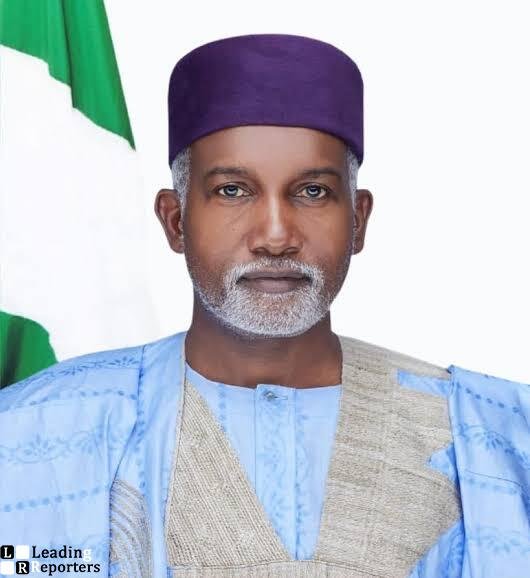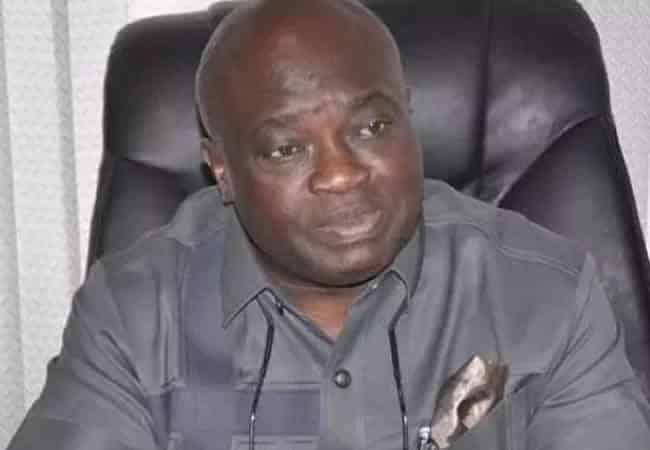A Non-governmental organisation, ProJustice and Development Observers Initiative has reiterated its readiness to engage with the anti-corruption agencies and other relevant stakeholders to ensure that the immediate past Director General of National Pension Commission Aisha Dahir-Umar faces the full weight of the law for diverting hundreds of millions of PENCOM money using her relatives.
The group said it has privileged information that Aisha was using her GTBank Account No 0022939309 to receive monies from PENCOM account under phony guises such as “Holiday allowance”, “Payment for cars” “Motor Vehicle Grant”, “Foreign Flight Tickets Allowances”, and others which in turn were diverted to her relatives’ account, namely Umar Farouk and Umar Rayaan.
Speaking exclusively with Lead Investigation Editor, LeadingReporters, the group said that President Ahmed Tinubu-led government would not be fair to Nigerian pensioners if his government turns deaf ear to countless atrocities that occurred under the watch of Ms Dahir-Umar in PENCOM. It further said that Ms Aisha continued to allocate resources to herself from PENCOM account and that the peak of that anomaly was from 2015 to 2023.
“For instance, Ms. Aisha unilaterally awarded herself vehicle grants, four times within months totaling over N100,000,000. This is even though the DG has official vehicles allocated to her.
“Again, every national holiday, Ms. Aisha pays herself millions of money as her Holiday allowance. She uses her personal account to receive monies for her international flights, against the norm where tickets for official travels are arranged by the office.
“The implication is that Aisha despite being provided tickets for her offshore travels (official and personal) went ahead to collect monies for the same reason.
“The worrisome pattern is that no sooner these illegal funds are mopped up than they were moved from the former DG’s account to her relatives, namely Umar and Rayyan Farouk Account. These relatives accounts have been constantly stuffed with hundreds of millions from Ms Aisha.
Giving what the group described as a brief analysis of the perennial rot and untamed fund diversion committed by the immediate past PENCOM DG, the organisation expresses its readiness to do the needful by engaging with the anti-corruption agencies and other allied agencies to ensure that such official corruption does not go unpunished to serve as a deterrent to those who come to high government offices as a way of self-enrichment.
Few examples include the following, according to the group include:
“On the 5th of May, 2017, the former DG received the sum of N18,440,052.14, described as “Motor Vehicle Grant”
“On the 24th May, 2017, she received the sum of N8,397,066.97 described as payment for “Shortfall of paid holiday allowance” and another payment of N18,713,052.13 was made into the same account which was described as “Sundry Allowances” on the 29th September, 2017
“She also received on the 25th January, 2017, the sum of N6,750,000 described as “Second Car Grant. The same date she received the sum of N9,000,000 described as “First Car Grant”. She received the total sum of N15,750,000 in one day as “First and Second Car Grant”
“The former DG received the following sums N11,432,510, on the 30th March, 2017 described as “allowance adjustment”, another N15,972,343.26 on the 12th December, 2017 described as “Paid Holiday Allowance”; and yet another N17,102,077.73 was received into her account on 23rd October, 2017 described also as “Arears of Annual Allowances”. The following day being 24th October, 2017, she received another total of N12,015,758.65
In the same vein, On the 11th June, 2017, she collected the sums of N22,057,478.62 and N28,603,112.78 respectively described as “Shortfall on Motor Vehicle Grant” While on the 1st of January, 2019, she received the sum of N18,434,890 as Holiday Allowance the same day she received N13,377,000 and N5,893,142 as furniture allowance and air ticket to Washington DC for a meeting respectively.
These are few examples of the financial atrocities that occurred in PENCOM while Ms. Umar-Farouk reigned as DG.













